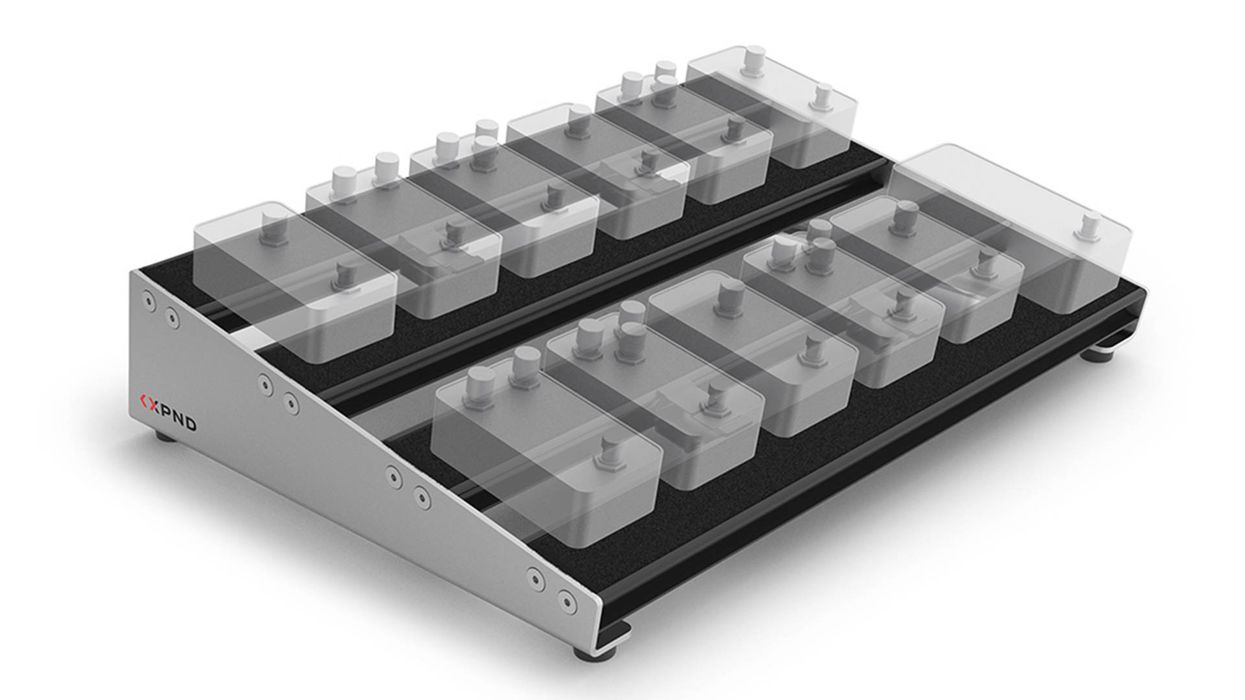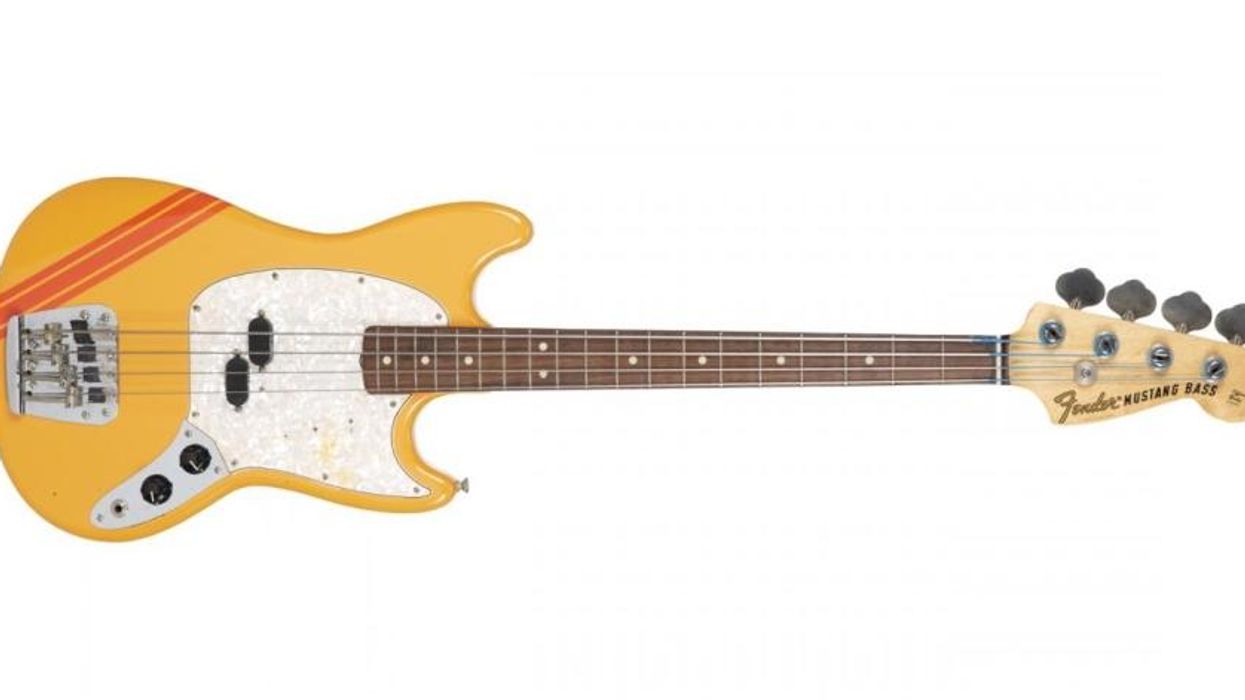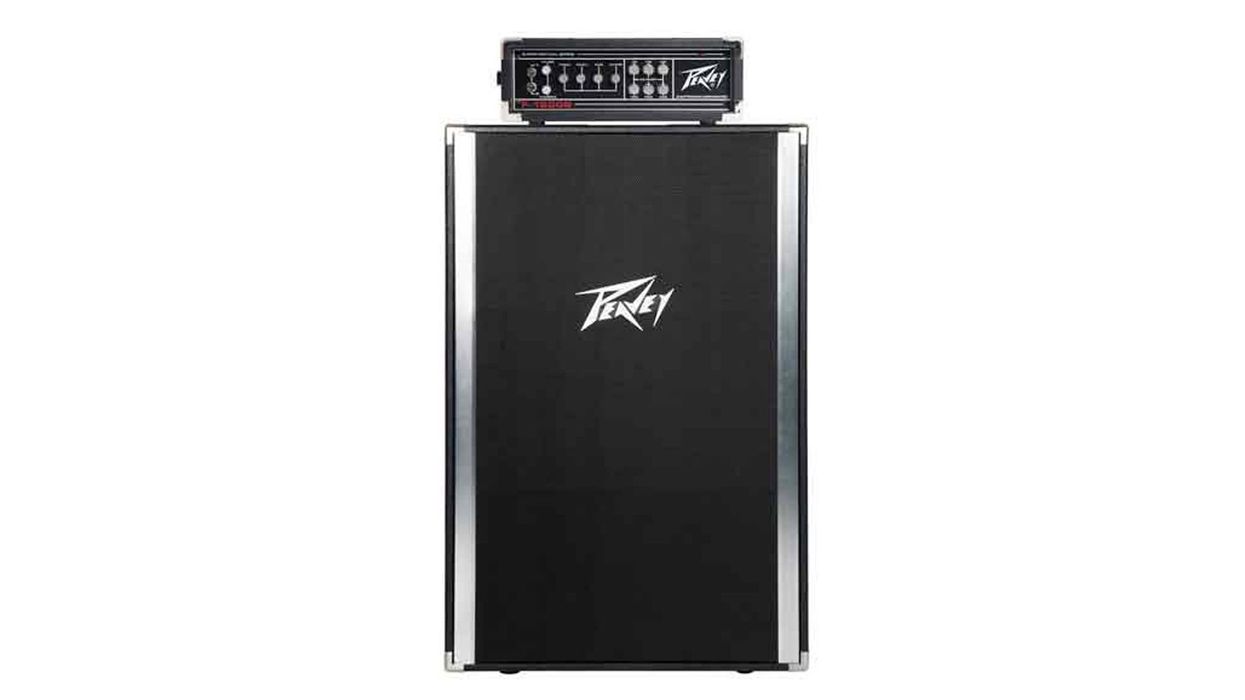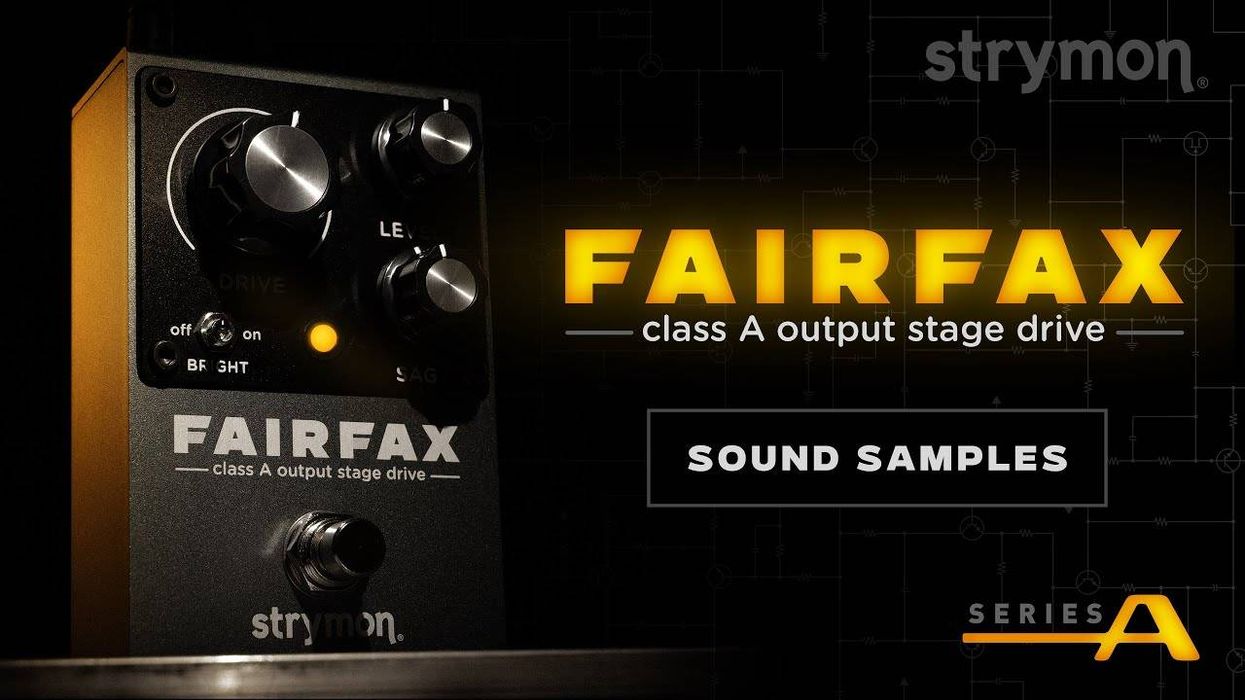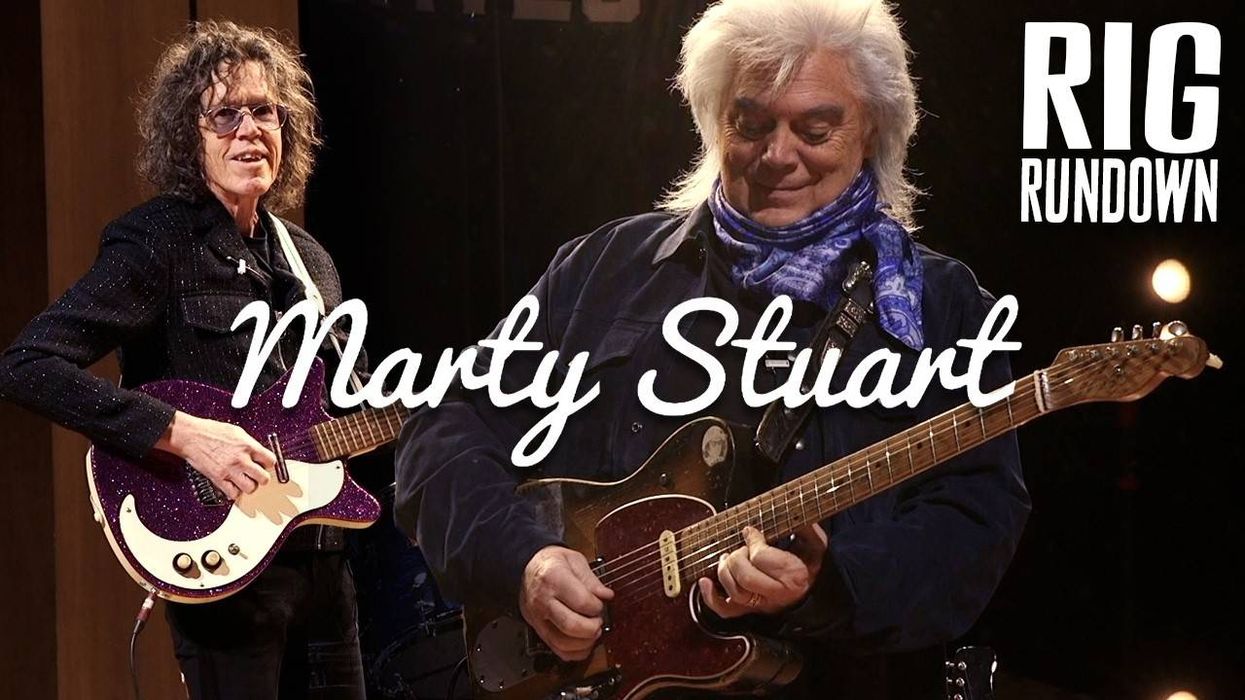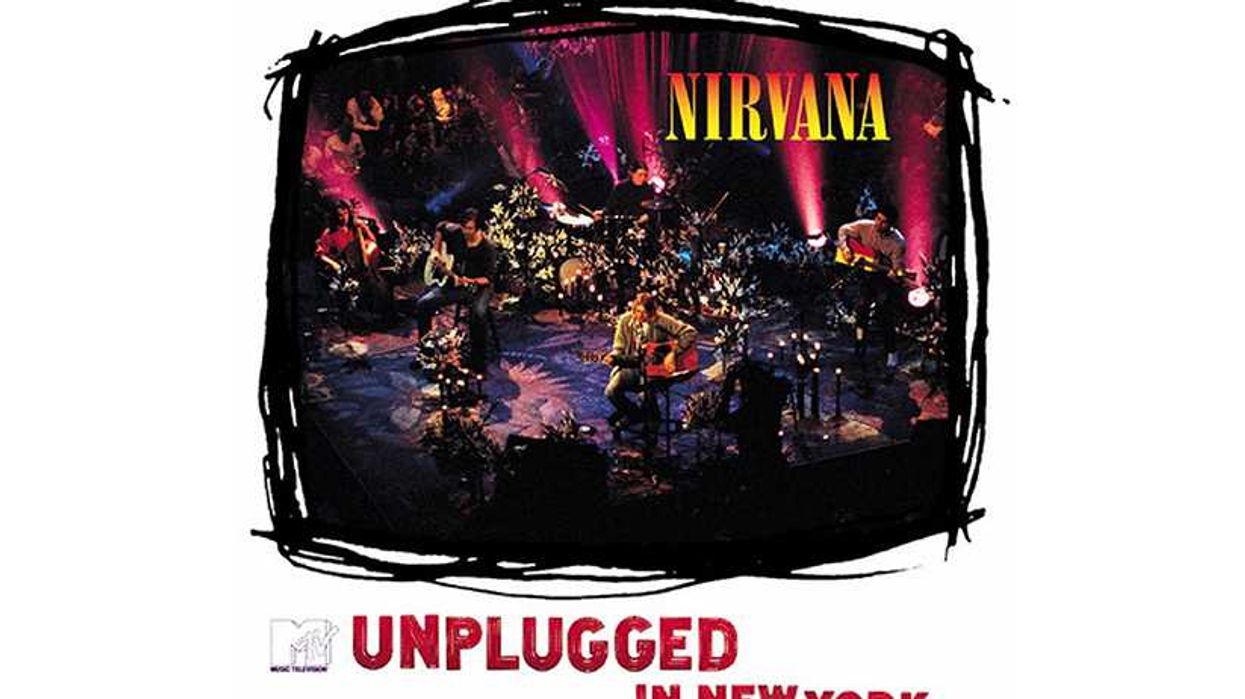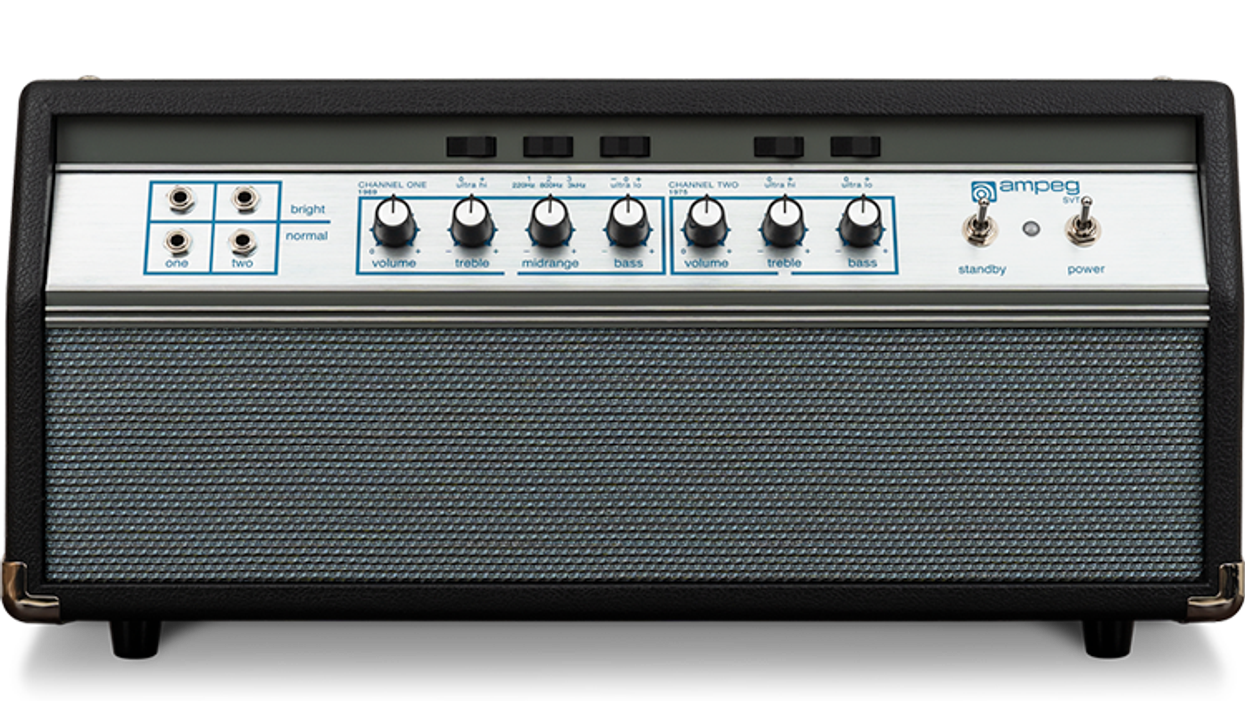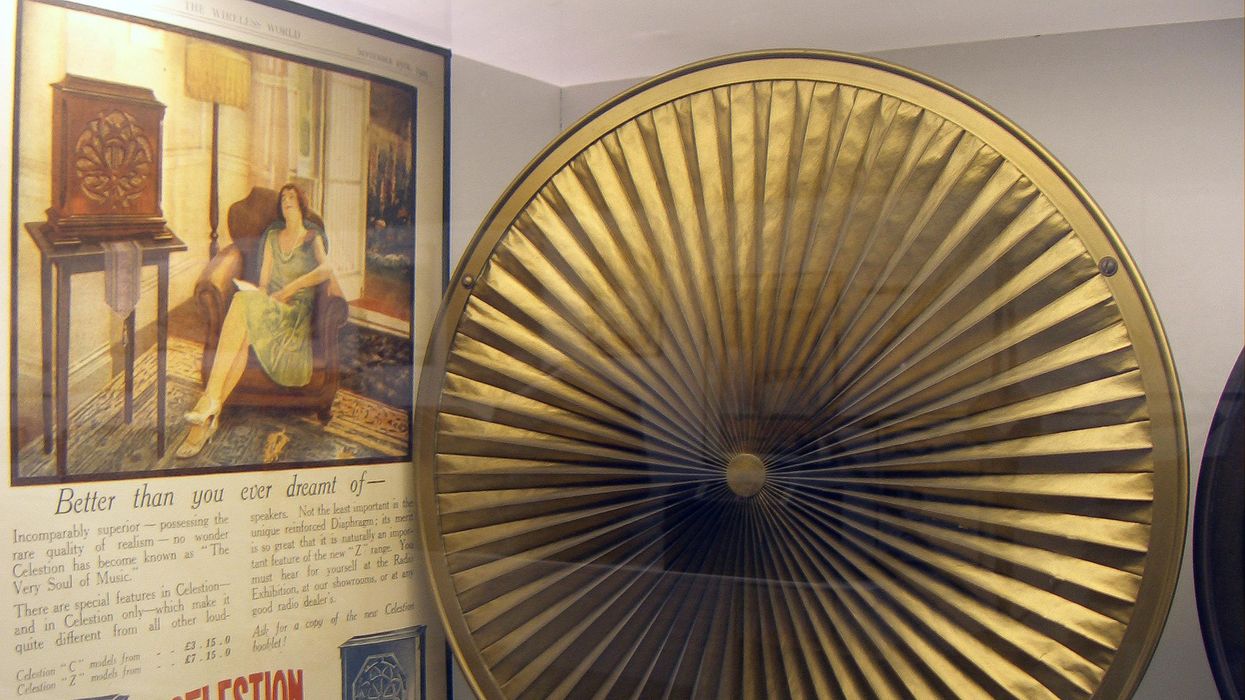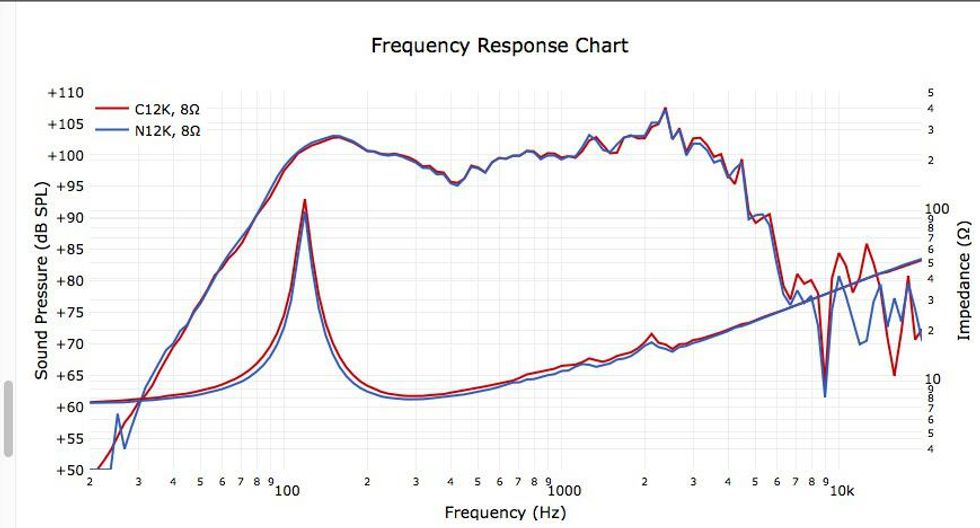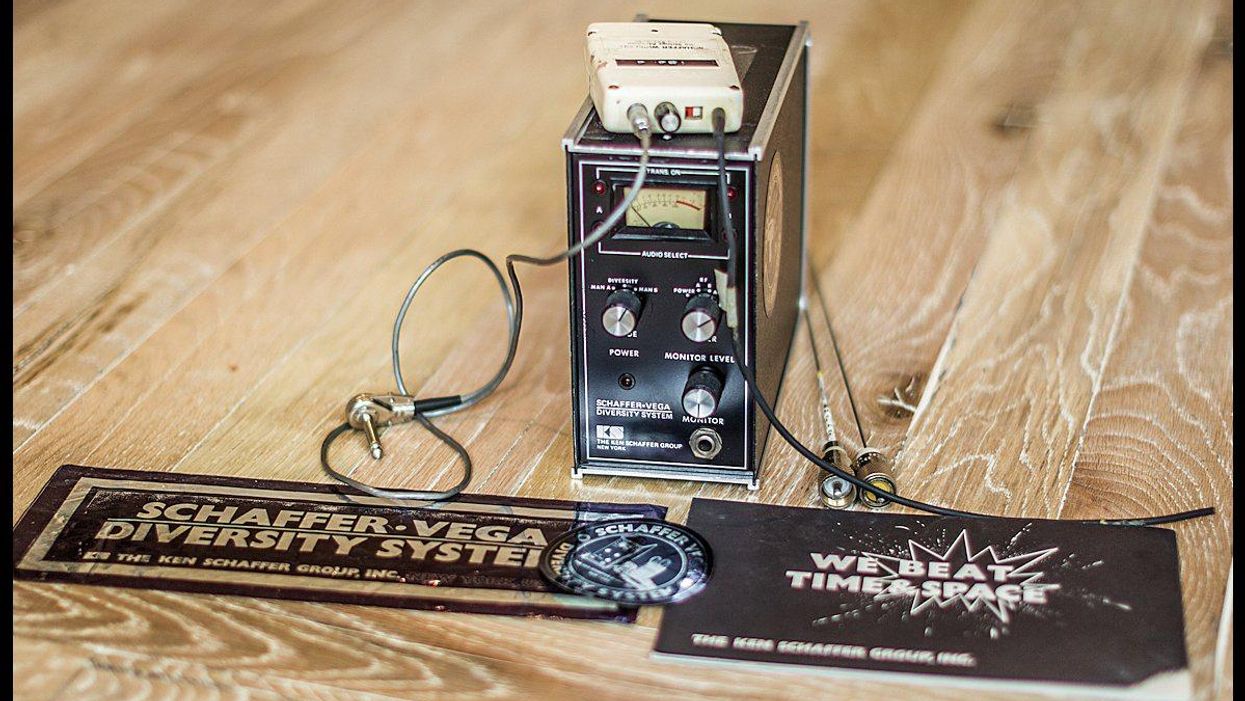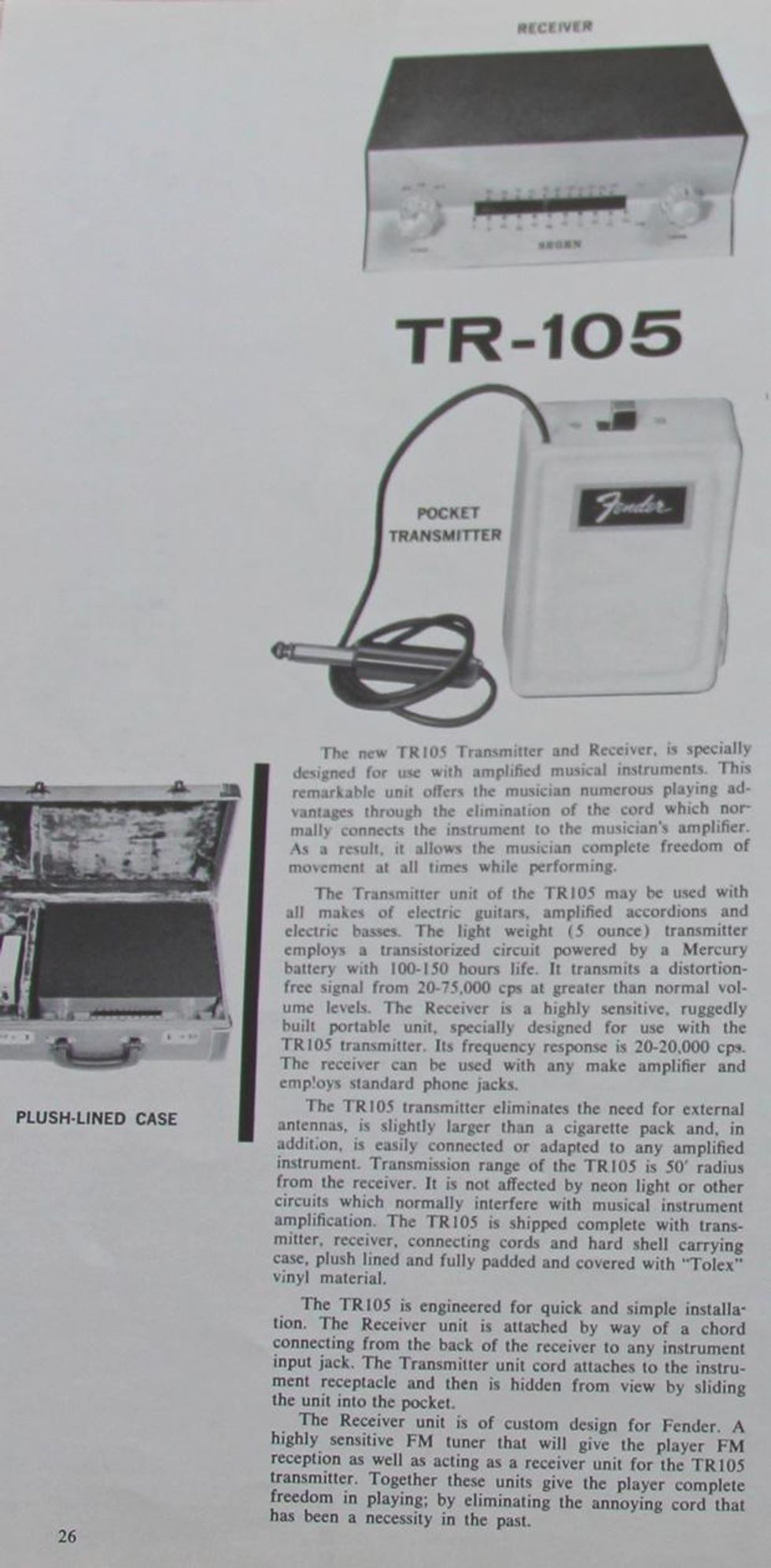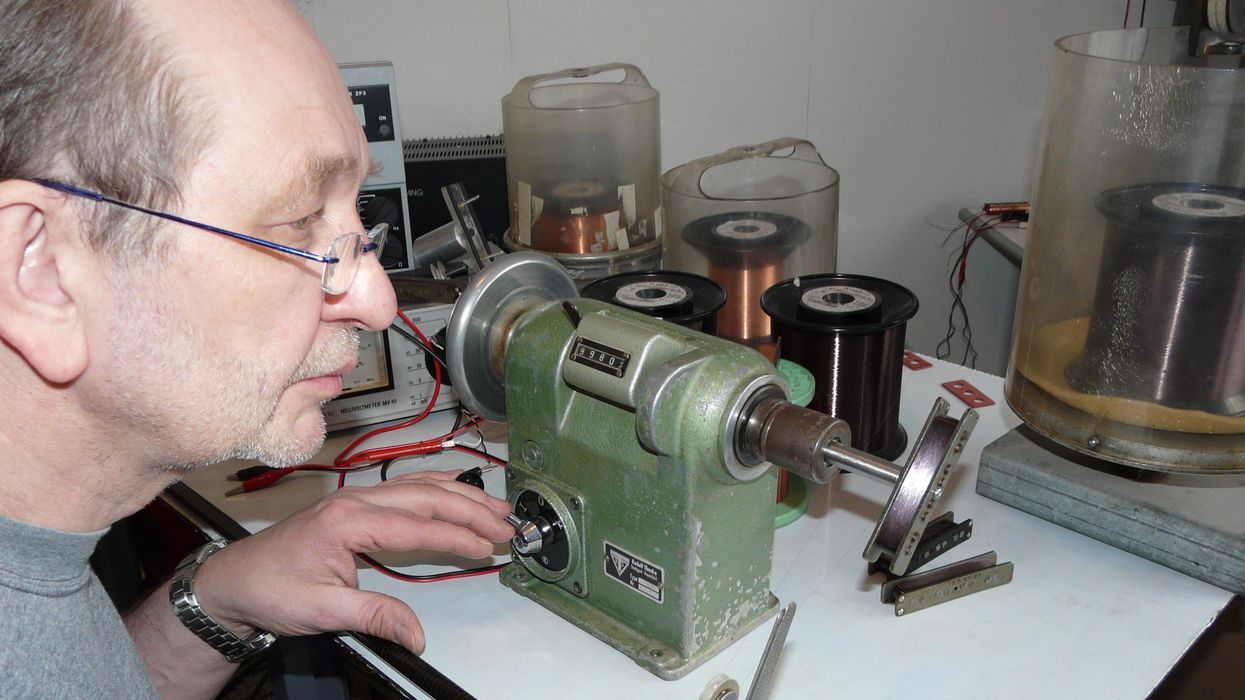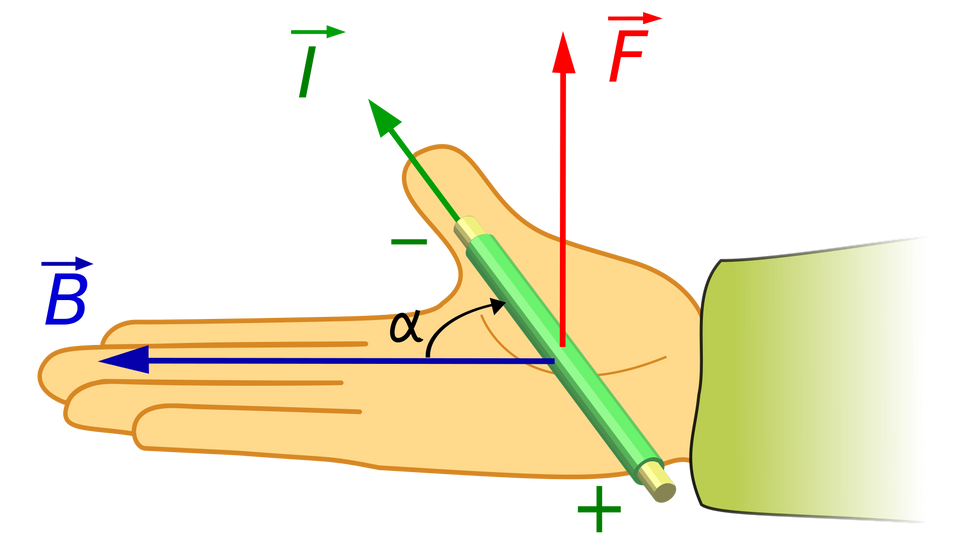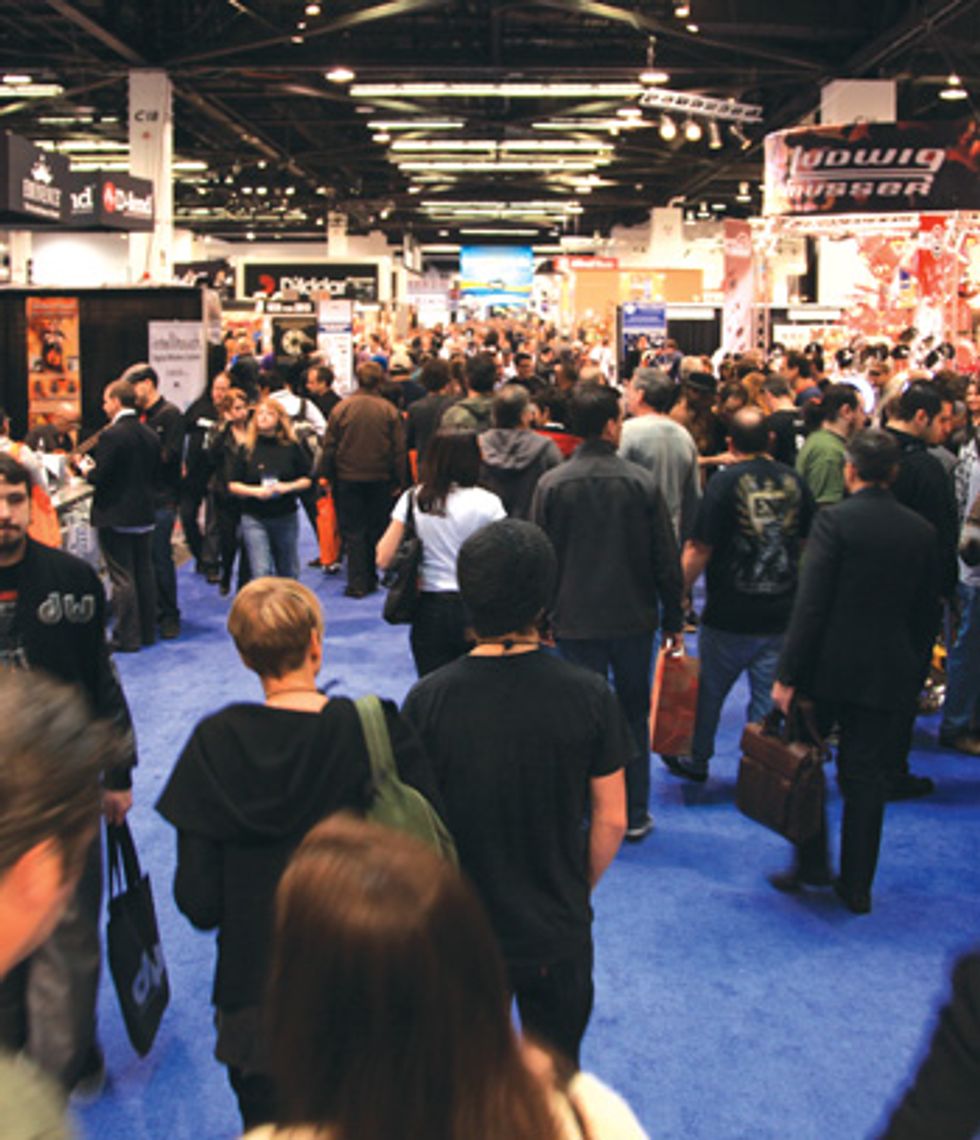
The circus that is the modern music expo. Photo courtesy of NAMM
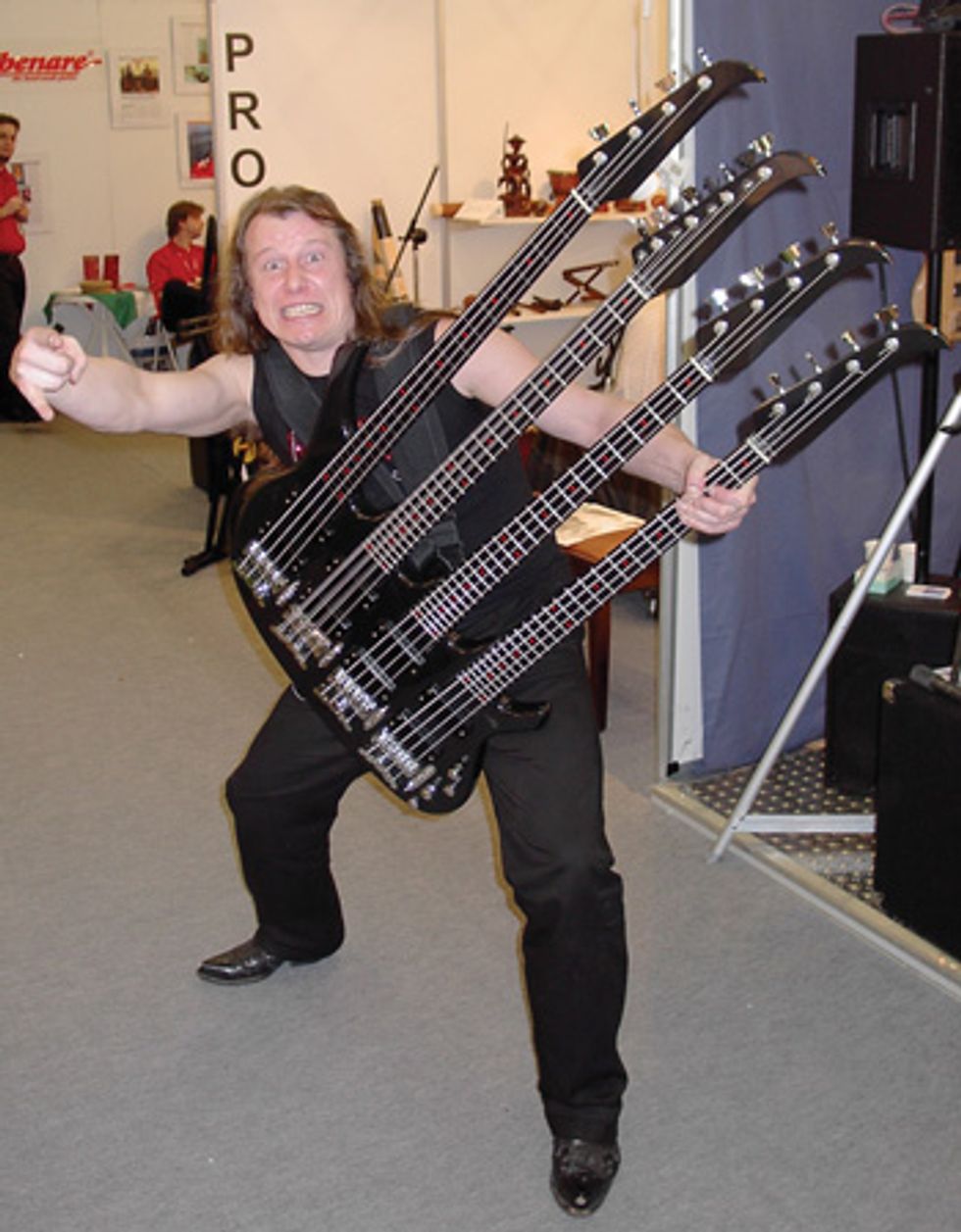
Think you’re a gear nerd? The nerdiest gearheads flock to these events, so you’ll feel right at home. Let’s see ... how many strings are on this bass?
As all rabid gear freaks know, the world’s two biggest music fairs—Frankfurt’s Musikmesse and Anaheim’s winter NAMM—happen in the first few months of each new year. For decades, these sprawling expos have mainly been industry-only trade shows, but recently they’ve been increasingly open to the public. As a result, the once “closed” fairs are gradually turning into events that focus more directly on consumers, who are treated to a parade of new instruments, meet-and-greet sessions with endorsing artists, live performances and interviews, and much more.
For those who can’t attend, Premier Guitar offers extensive on-the-floor video coverage. And, of course, if that doesn’t satisfy your lust for new gear, there are gear forums that host tons of pictures accompanied by personal impressions. With all this input at your fingertips, choosing a new instrument should be easier than ever, right?
Perhaps. Having been an exhibitor at these events for more than 10 years, I think it’s worth questioning that assumption. It’s probably good to ask yourself, "If I’m seeking a new bass, how can attending an expo help me in my quest?"
If you’re searching for a new instrument, you probably know basically what you’re looking for. You’ve likely studied product photos, heard audio samples, and digested technical specifications. Maybe you’ve read hands-on reports from fellow bass players.
If so, how can a music fair help expand your research? With several thousands of guitars and basses on display, there’s a good chance you’ll be able to touch and compare the top models on your G.A.S. list. And playing them one after another is among the biggest advantages of attending such a gathering. This is especially true because there seems to be a trend for product pages to tell you 10 times how cool a not-even-so-really-new product is before you can find details like weight or string-spacing. Too often that important stuff get buried in hype.
But hearing the instrument is a totally different task. Even if you can deal with the narrow choice of amps and cabs, these fairs are all very noisy. Yes, there’s a theoretical noise restriction, but especially the volume level at the Frankfurt Musikmesse somehow reminds me of our autobahn—no limits!
So even if you can check out a potential bass through some gear you feel at home with, sonically you often won’t be able to get much more than a first impression of it. And if you notice an instrument’s character or distinctive tonal feature, it’s certainly a very dominant one.
Keyboard players get to check their gear using headphones, which means their noise level is comparable to, say, a bank. But at any expo, the halls that house basses and guitars are loud. Loud and extremely congenial.
If you’re considering a mass-produced instrument, there’s a good chance to see several of your favorites in a single session. This makes it convenient for you to pick the one that fits you best. Another benefit is the large lineup of smaller luthiers who attend the big expos. They’re eager to show you a huge variety of custom instruments, from the most bizarre to simply beautiful, yet non-standard designs. You can touch these basses and get to know the builders in person.
Although expo rules usually prohibit selling directly from the booth, you can almost always get an instrument at the end of the show or reserve it for later delivery. With most exhibitors coming from all over the world, they’re often keen on selling the inventory they brought to the show directly, rather than having to ship it all back home. With a little ingenuity, you can get huge discounts and also sidestep the middleman. The further away the builder is from home, the higher the discounts. So if you’re seriously looking for something, be prepared to have some cash—right when you need it. If you already know what you want, why not get in touch before a fair and ask for a good price for a last-day pickup?
Despite all the bucks you might save, keep in mind that the aforementioned middleman might be your local dealer—the one who keeps your strings and other needs in stock. The one who takes care of all your technical issues. The one you absolutely rely on from time to time. If this dealer buys numerous instruments, he might even get a bigger discount and you can help him stay in business. Price is only part of the whole picture.
But beyond all the rational stuff we’ve just discussed, a music fair is fun. You get to meet the nerdiest nerds from all over the world, discuss your ideas or projects with other gearheads and experts, and enjoy eyeballing everything the market has to offer ... all in one place.
So if you haven’t made the trek, consider doing so. One more piece of advice: Don’t forget your earplugs!
 Heiko Hoepfinger is a German
physicist and long-time bassist, classical
guitarist, and motorcycle enthusiast. His
work on fuel cells for the European orbital
glider Hermes got him deeply into modern
materials and physical acoustics, and
led him to form BassLab (basslab.de)—a
manufacturer of monocoque guitars and basses. You can
reach him at chefchen@basslab.de.
Heiko Hoepfinger is a German
physicist and long-time bassist, classical
guitarist, and motorcycle enthusiast. His
work on fuel cells for the European orbital
glider Hermes got him deeply into modern
materials and physical acoustics, and
led him to form BassLab (basslab.de)—a
manufacturer of monocoque guitars and basses. You can
reach him at chefchen@basslab.de.




